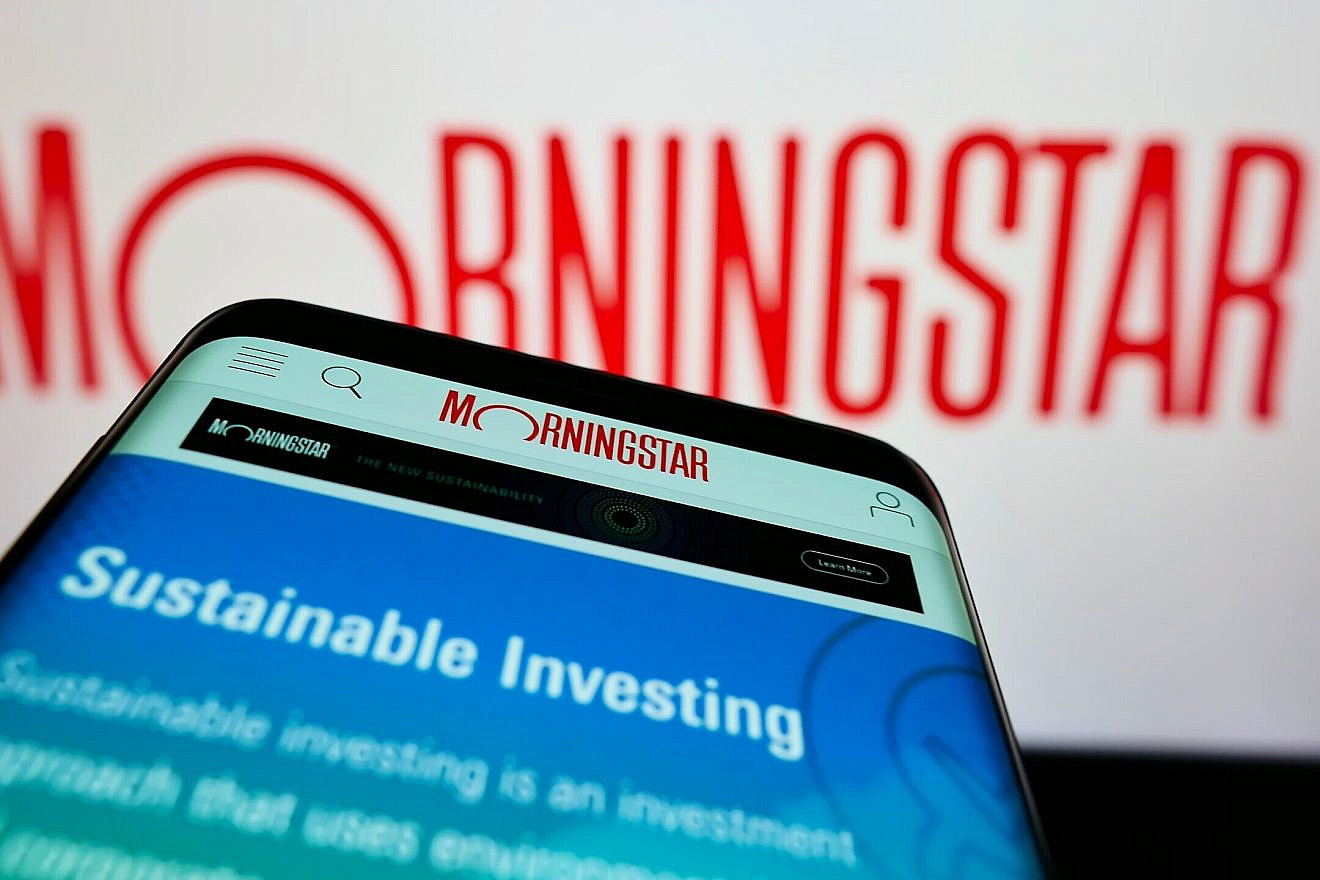Floridians who research stocks and bonds at their local libraries on the investment firm Morningstar’s very widely used site reported being unable to do so recently, the Orlando Sentinel reported.
The Chicago-based firm opted not to renew its $10,400-a-year subscription service with the state after Florida placed it and its subsidiary, Sustainalytics, on the state’s list of scrutinized companies that boycott Israel.
“I have never heard of this list,” retiree MaryAnn Kaesberg told the Sentinel. “This is an expensive publication, which has been offered for years by the library. I miss having access to it.”
Morningstar landed on the “scrutinized” list following allegations from a coalition of American Jewish and pro-Israel organizations that its methodology and processes for producing socially conscious-focused company ratings were anti-Israel. The company is said to have issued damaging scores to companies solely for the latter’s operation in Judea and Samaria.
The firm has since commissioned an independent review with the coalition and has implemented—or is in the process of implementing—a series of changes.
Morningstar is now blocked on some but not all Florida library computers. “Morningstar cannot continue its service with the library as they have been placed on Florida’s ‘Scrutinized Companies’ List by Florida’s state government,” the Hillsborough County Public Library Cooperative site states. “We will provide more information as we receive updates.”
Florida officials, including Gov. Ron DeSantis, said last week that Morningstar would be removed from the “scrutinized” list if it follows through on recommendations to remove references to companies operating in Judea and Samaria as working in “occupied territories,” as well as prove it is in compliance with Florida’s law prohibiting boycotts of Israel.
A Morningstar spokesperson said the company would look to resume its services in Florida once it is removed from the blacklist.
Morningstar has strongly denied engaging in practices intended to harm Israel economically, though some 20 U.S. states have investigated it for allegedly doing that.


























